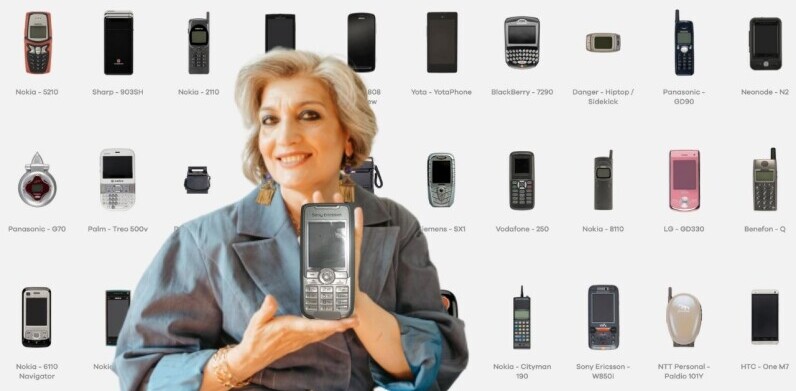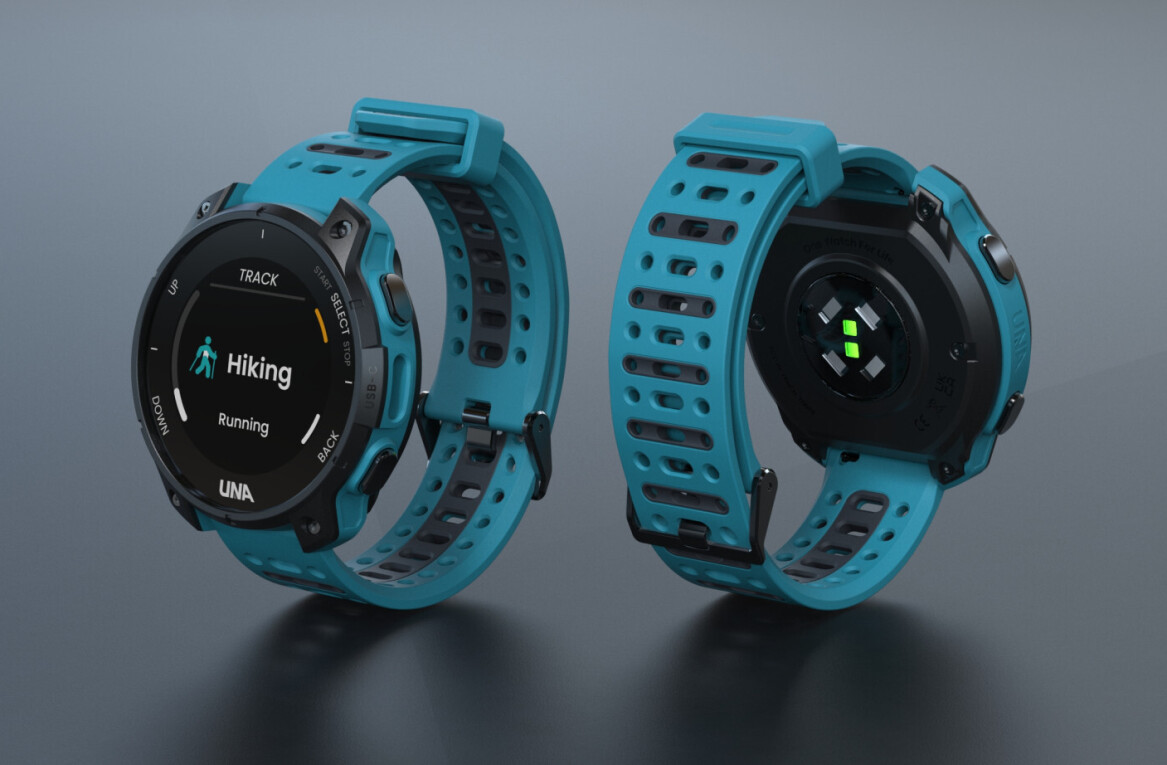This article was written by Scott Shepard is VP Global Public Sector with Iomob on The Urban Mobility Daily, the content site of the Urban Mobility Company, a Paris-based company which is moving the business of mobility forward through physical and virtual events and services. Join their community of 10K+ global mobility professionals by signing up for the Urban Mobility Weekly newsletter. Read the original article here and follow them on Linkedin and Twitter.
From the day I was born, my life has been shaped by the automobile. You see, I was born and raised in Los Angeles. Regardless of the tired clichés, it is true, LA is a dominant car culture and that translates into music, art, cinema, and even cuisine.
Having spent my early years in Southern California, many of my formative memories were captured within the confines of an automobile. I can still recall the weekly trips with my parents traversing the LA freeway network from Pasadena to Culver City to visit my relatives.
I would also play amateur navigator for my father in these pre teen years, as his work in auto insurance involved driving all across the Los Angeles Region. In fact, this nascent role planted the seed for my future career, as a cartographer. I would be the one in charge of helping my father locate clients throughout the city, all with the help of the Thomas Brothers Guide (city atlas flip book).
Time moved on, and I eventually attended college on the east coast in Vermont. These years spent in the foreign land of “New England” were also dominated by the automobile. I learned the trials and tribulations of driving through ice, sleet, rain, and snow in 4+ seasons (they include “mud season” as a separate season to Spring in Vermont).
With a bachelors degree in Geography in hand, I realized this native Californian simply wasn’t cut out for the 4+ seasons, so I high-tailed it back to the West Coast. This time, I relocated to San Diego and graduated from school in Urban Planning. In San Diego is where I met my wife and started a family. However, this is where the influence of the automobile on my life really started to take shape.
At this time in my early 30s, my career started to take off, and so did my commuting. I would at this point average at least 30–45 minutes spent in my own car driving each way to work. While at the time it seemed quite manageable, it began to take a toll on my mental and physical health.
My wife and I relocated to Northern California to be closer to her family, and this is where the real fun begins. We purchased our first house in the East Bay of San Francisco, and I would now have a blended car/transit commute. This meant, I would spend 1.5–2 hours travelling each way in the mornings to Oakland and San Francisco. While I was committed to cut down on my percentage of time spent in a car, my travels actually ballooned into a “monster commute”, quite typical for Los Angeles and the San Francisco Bay Area. This meant, half of my two-hour commute was stuck in traffic, and then the second half was spent on an urban rail system (BART), taking me to the office.
As you can imagine, these 4 hours per day spent commuting took an even greater toll on our lives and family. It was then that I downsized and began to seek opportunities that allowed for more telework, but with the requirement for frequent domestic travel.
Fast forward to four years ago, and our family made the subsequent decision to relocate overseas to Lisbon, as my wife is Portuguese, and she would be pursuing a PhD degree. My condition for the relocation was to continue our downsizing, by owning only one car. While this was met with skepticism, she agreed, and it has been our happy arrangement ever since.
It seems obvious why we would own only one automobile in Europe, as the availability and access to public transport and shared mobility options is ubiquitous. However, ours was also a deeply personal decision rooted in years spent in endless and unhealthy commutes.
Now that we’re in Europe, I walk everywhere, own a bicycle, and use public transport and micromobility as much as possible. While COVID has paused my international travel and over-emphasized my telework activities, this is an arrangement that is here to stay. As my early years were spent in the automobile, I plan to gain that time back with more active forms of mobility, for the environment, and my health.
Do EVs excite your electrons? Do ebikes get your wheels spinning? Do self-driving cars get you all charged up?
Then you need the weekly SHIFT newsletter in your life. Click here to sign up.
Get the TNW newsletter
Get the most important tech news in your inbox each week.






